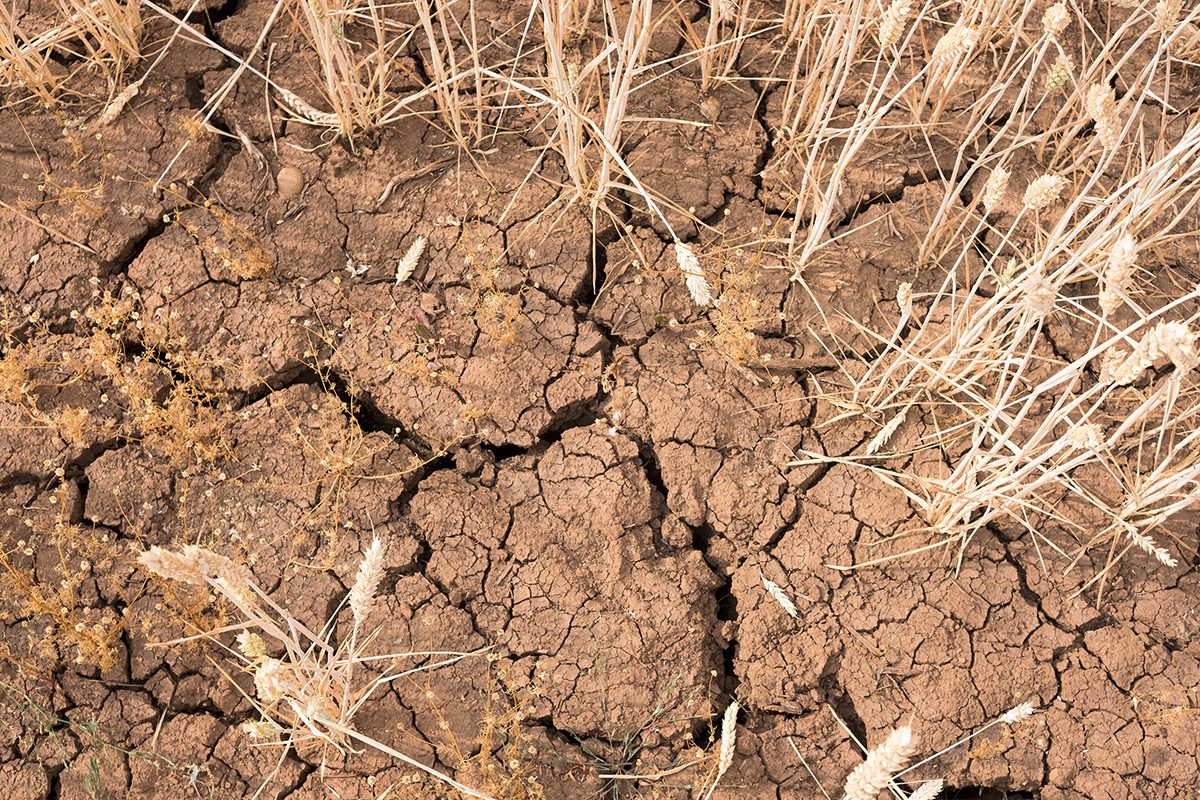
- Survey reveals common concern of global scientists and linkages between crises
- Part of a new report, Our Future on Earth, 2020, in which experts distill latest peer-reviewed, state-of-the-planet research and its interconnected complexities
The greatest threat to humanity hides in the potential cascading of impacts of five highly-related, highly-likely risks — a collision that can amplify these effects catastrophically, according to a new survey of 222 scientists from 52 countries.
Conducted international sustainability research network Future Earth, the survey identifies five global risks — failure of climate change mitigation and adaptation; extreme weather events; major biodiversity loss and ecosystem collapse; food crises; and water crises — as the most severe in terms of impact. Four of them — climate change, extreme weather, biodiversity loss, and water crises — were also deemed by scientists as most likely to occur.
Business leaders and policymakers, in a survey released in January by the World Economic Forum, likewise assigned these same five risks, chosen from a set of 30, top rank positions in terms of impact.
More than one-third (82) of the scientists, however, underlined the threat posed by the synergistic interplay and feedback loops between the top five— with global crises worsening one another “in ways that might cascade to create global systemic collapse.”
Extreme heatwaves, for example, can accelerate global warming by releasing large amounts of stored carbon from affected ecosystems, and at the same time intensify water crises and / or food scarcity; the loss of biodiversity weakens the capacity of natural and agricultural systems to cope with climate extremes, increasing vulnerability to food crises.
Some 173 of the scientists surveyed volunteered additional risks, beyond the list of 30, as deserving of greater global attention. Commons themes included erosion of societal trust and values; social infrastructure deterioration; rising inequality; rising political nationalism; overpopulation; and mental health decline.
Said the report: “Interestingly, the majority of these touch on issues of societal well-being and social security, suggesting that societal risks may be growing and in need of greater consideration. This is especially pertinent as we consider how society can transition to a climate-safe and equitable future…”
“Perhaps the most interesting theme to emerge from these responses was the failure to take into account feedback across different systems.”
“Despite this ubiquity of connections, many scientists and policymakers are embedded in institutions that are used to thinking and acting on isolated risks, one at a time. This needs to change to thinking about risks as connected.”
“As the scientific advisors for this survey, we call on the world’s academics, business leaders, and policymakers to pay urgent attention to these five global risks, and to ensure that they are treated as interacting systems, rather than addressed one at a time, in isolation.”
The survey is available at futureearth.org/initiatives/other-initiatives/grp.
The survey was led by Maria Ivanova, University of Massachusetts, Boston, and scientific advisors Markus Reichstein, Max Planck Institute, Germany; Matthias Garschagen, Ludwig-Maximilians-Universität München, Germany; Qian Ye, Beijing Normal University, China; Kalpana Chaudhari, Institute for Sustainable Development and Research, India; and Sylvia Wood, Science Officer, Future Earth, Canada office.







